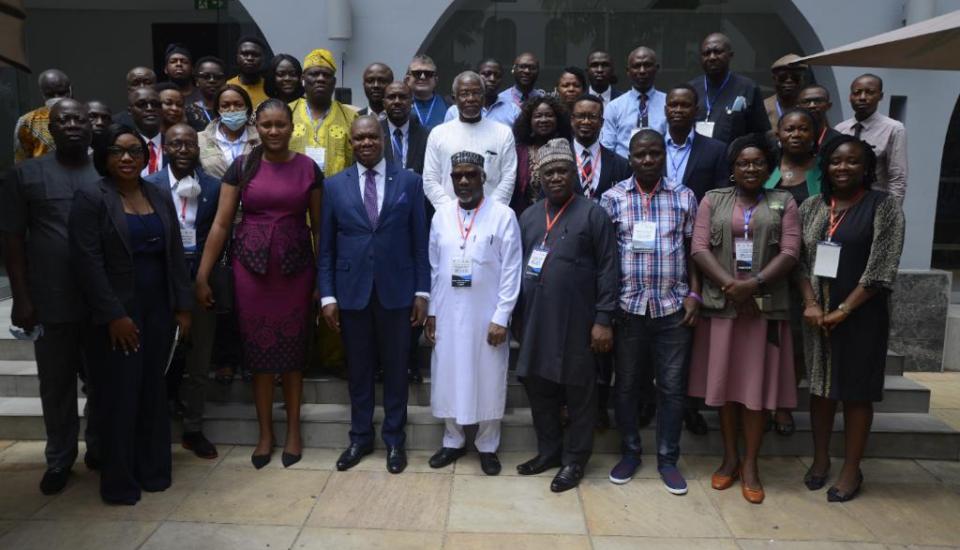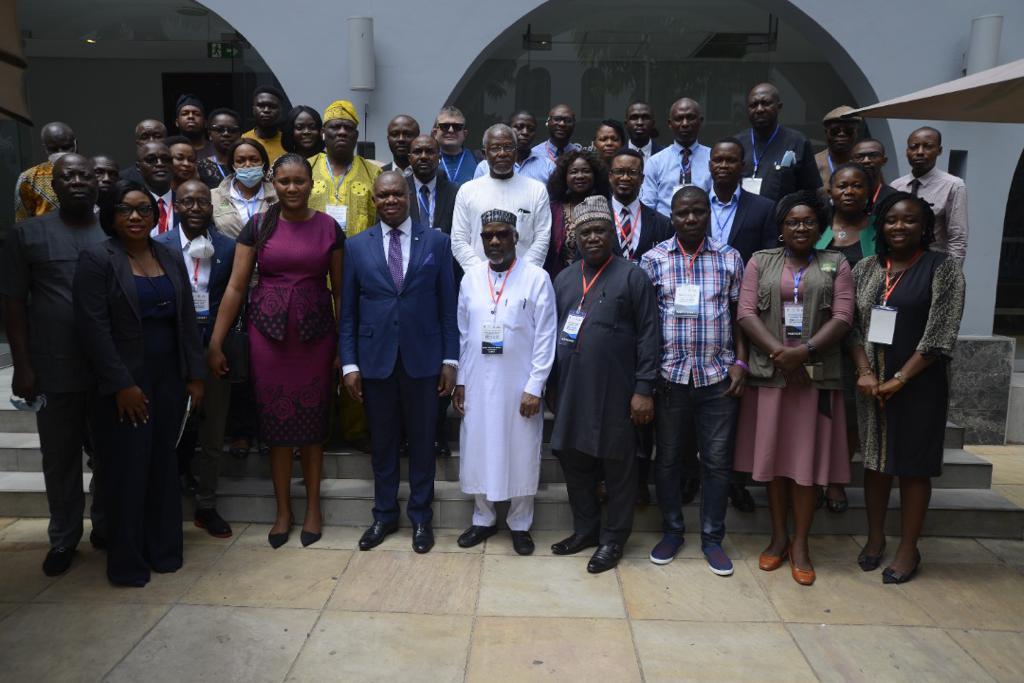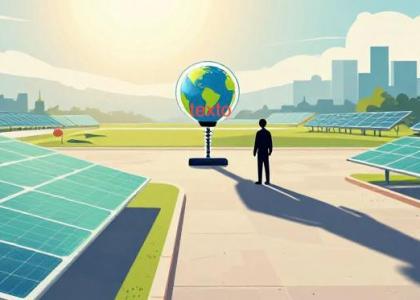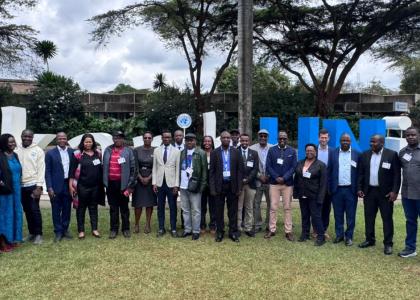Lagos, Nigeria 3rd March 2022 - The ECOWAS Centre for Renewable Energy and Energy Efficiency ECREEE in collaboration with UNIDO and the Manufacturers’ Association of Nigeria (MAN) organized a policy dialogue session on Industrial Energy Efficiency and Resource Efficiency and Cleaner Production. The forum held in Lagos Nigeria on 3rd march 2022 was aimed at Improving Nigeria’s Industrial Energy Performance and Resource Efficient Cleaner Production through Programmatic Approaches and Promotion of Innovation in Clean Technology Solutions. The dialogue session brought together private sector CEOs, Government ministries, departments and agencies as well as Media Houses.
The GEF- UNIDO project which seeks to accelerate the adoption of industrial energy efficiency and improve the environmental performance of enterprises has six working components including food and beverages; Basic metal; iron and steel; petrochemicals;textiles; wood and furniture,as well as project monitoring and evaluation.
Participants discussed the benefits of EnMS/ESO and RECP methodologies in terms of financial, energy and GHG emission saving within industrial sector. In his presentation on Industrial Energy Efficiency management, the Energy Efficiency Expert at ECREEE, Prof. Charles Diarra said manufacturing industries can improve their energy efficiency measures by 18 to 26%, while reducing the sector’s CO2 emissions by 19 - 32%, based on proven technology and energy management system.
“This is especially true in developing countries and emerging economies that still lack national energy management standards as well as policies and mechanisms to achieve improved efficiency in the industrial sector”, he added.
The energy efficiency expert further stated that toplevel management’s commitment is crucial to the successful implementation of the EnMS. He said apart from providing general support, top management should provide the necessary resources such as time, personnel, financial, materials, etc. for the effective implementation of the EnMS.
Prof. Diarra said Energy Efficiency Obligations are highly cost-effective noting that Efficiency programmes save 9x more carbon per consumer GDP than carbon taxes or prices. He further stated that most industrial enterprises in (IRL, NET, DEN, SWE, USA, CAN) that have implemented EnMS were at energy costs of 8-15% of total operational costs, while in most African countries, energy costs can be up to 40% of production costs.He cited arbitrary generator sizing, unsustainable procurement, inefficient processesand Wrong approach to energy efficiency measures as major challenges in energy management.
Dilating on Resource Efficient and Cleaner Production, Dr. Diarra saidRECP promotes heightened economic performance through improved productive use of resources, environmental protection by conserving resources and minimizing industry’s impact on the natural environment, as well as social enhancement by providing jobs and protecting the wellbeing of workers and local communities.
According to officials, the dialogue session would help to bridge the gap between the private and public sectorsin the area of energy efficiency, optimization& management systems, cleaner production andenvironmental compliance in manufacturing, secure the buy-in of CEOs of industries, obtain theendorsement of Director Generals of Government Parastatals, agree on industry friendly regulatory environmentand arrive at mutually beneficial decisions, which will be given wider publicity by the strong mediapresence at the event.







